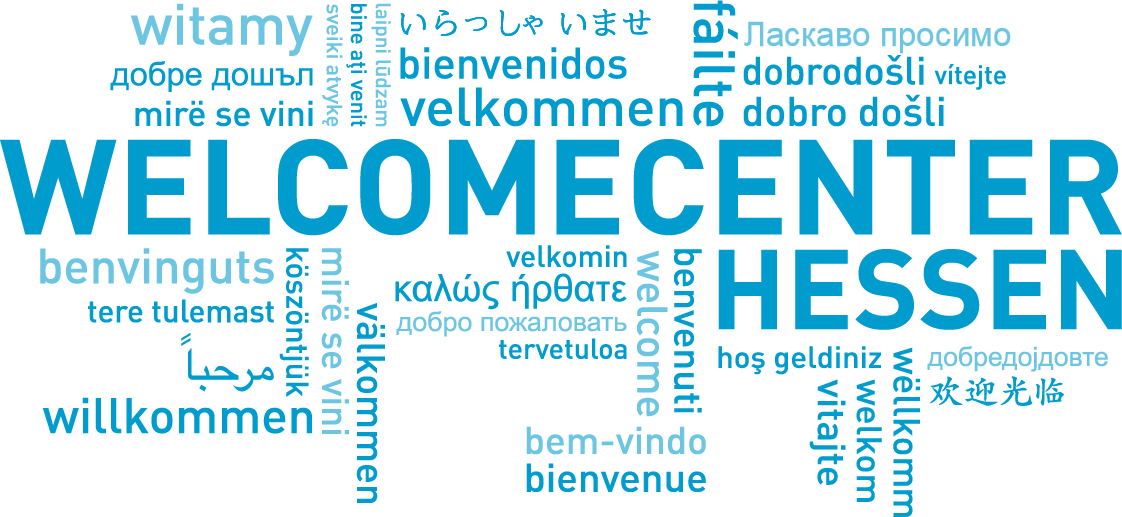Correct presentation in an important interview
You’ve overcome the first hurdle. You’ve been invited to a job interview. You can’t be prepared for everything, but you can expect some German standards…
Questions about your CV
If you have any holes in your CV, you should have a reason for this.
You must be honest. The same applies if your studies lasted a long time. If you worked for charities on the side, this might even be seen positively. It’s useful if you can start off the interview with a precise presentation of your CV. It’s very good if you can show your interest in the advertised position. You should always make it clear in your interview that you’re especially interested in that particular job.
During your interview, you may well be asked to present yourself and your CV with a PowerPoint presentation or flip chart. However, you’ll usually be told about this beforehand. Your presentation should include all the most important aspects of your CV.
Job expectations
How well prepared are you for your job interview? Demonstrate that you’ve gathered information about the company and derive your job expectations from the facts you’ve discovered.
Questions about your skills and interests
You should expect to be asked about your strengths and weaknesses. You should refrain from naming weaknesses that could also be interpreted as strengths, such as impatience and perfectionism. It’s better to be honest, but don’t emphasise your weaknesses too much and always back up a weakness with a strength. The same applies to questions about your successes and failures. Choose successes that are related to your future work. If you’re asked about any failures, you can obviously refer to other areas. However, you should still refer to the job at hand and demonstrate the lessons you’ve learned.
Salary requirements
You should find out what the usual salary is for the position before your interview. Do not broach the topic of salaries yourself. It’s not unlikely that your interviewer will raise the issue himself/herself. You should be able to propose a salary range upon request and back it up. This will always be an annual gross salary. Make reference to your qualifications, motivation and experience. If you’re then offered a little less, you can negotiate without insisting on more. You should then re-tackle the topic after your probation period or one year on at most.
Assessment centre
Many big companies attempt to discover how qualified applicants really are by using certain selection methods and tests after the interview. Using assessment centres for employment tests is a relatively new phenomenon in Germany. The higher your desired position is within the company, the higher the likelihood that you’ll be asked to complete the test.
Assessment centres are usually set up for 1-2 days and have around 8-12 participants. Applicants have to demonstrate their qualifications in different situations, and systematic analysis is carried out. You’ll be constantly challenged and assessed in a range of group discussions, role plays, presentations, case studies and lots more tests. You’ll mainly be assessed on your personality, appearance, social skills, motivation, and ability to think analytically for long periods.
The idea of an assessment centre is to let companies assess how you deal with other people when you’re under pressure to perform. But you shouldn’t be scared – just think of an assessment centre as a challenging workshop where you’re also allowed to have a bit of fun.
Preparation for job interviews
If you receive an invitation to attend a job interview, you’ll have done everything right so far. You should note the following information to make sure your job interview is also a success.
Find out about your potential employer
It’s essential that you find out more about your potential employer. You can do this by visiting the company’s website. It won’t do any harm to look for current information via search engines and special news searches. When carrying out your research, you should look out for the company’s current problems and projects to see whether you can contribute anything.
Pay attention to dress code
Your future working environment is crucial when it comes to clothing. Your clothes should obviously be clean and smart, and you should feel comfortable in them. Conservative clothing (suit or dress/trouser suit) is recommended in the financial services sector (banks, insurance companies, consultancy firms).
Plan an early arrival
You shouldn’t be late on the day of your interview. You should be able to exclude almost all eventualities by planning your journey well in advance with a generous time cushion. Don’t forget any delays that might be caused by traffic jams, late trains, long journeys on the company’s premises, and – in some industries – even security controls. If you have an interview early in the morning, you could travel the day before and stay the night in a hotel.
Take your documents
The documents you should definitely take are the job advertisement, a copy of your application and your invitation to the interview. To be on the safe side, you should also have a certified copy of any certificates and references that you’ve mentioned in your application (and perhaps only attached as a simple copy).



